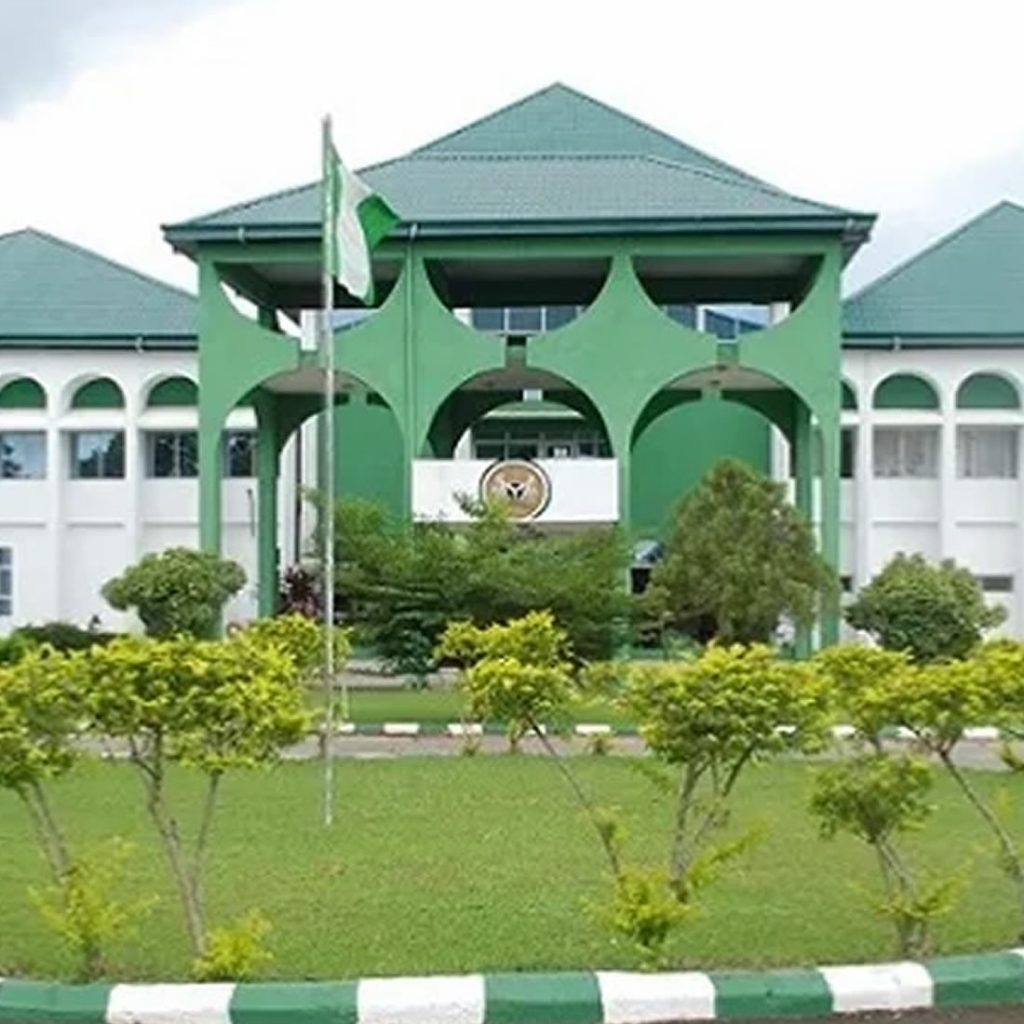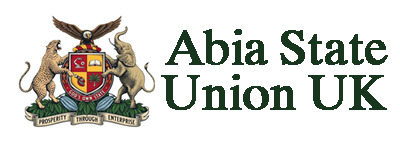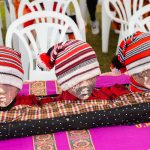Community Development
- Home Page
- Community Development

Abia State Gods Own State
Abijah, also spelled Abia, Hebrew Abiyyah, or Abiyyahu, (“Yahweh Is My Father”), any of nine different persons mentioned in the Bible, of whom the most noteworthy are the following: (1) The son and successor of Rehoboam, king of Judah (II Chronicles 12:16, 13), who reigned about two years (c. 915–913 bc).
Abia is a state in the south eastern part of Nigeria. The capital is Umuahia, and the major commercial city is Aba, which was formerly a British colonial government outpost in the region, and is also one of the most populated areas in Nigeria. Abia state was created in 1991 from part of Imo State. It is one of the constituent states of the Niger Delta region. It’s also the 5th most industrialized state in the country, and has the 4th highest index of human development in the country, with numerous economic activities and fast growing populations as recorded by the United nations early 2018. The state also houses the biggest cattle market in Nigeria.
Geography
Abia State, which occupies about 6,320 square kilometres, is bounded on the north and northeast by the states of Anambra, Enugu, and Ebonyi. To the west of Abia is Imo State, to the east and southeast are Cross River State and Akwa Ibom State respectively and to the south is Rivers State. The southern part of the State lies within the riverine part of Nigeria, it is a low-lying tropical rainforest with some oil-palm brush, The rest of the State is moderately high plain and wooded savanna. The most important rivers in Abia State are the Imo and Aba Rivers which flow into the Atlantic Ocean through Akwa Ibom State.


University and Colleges
There are four universities in the state: the federal-owned Michael Okpara University of Agriculture at Umudike, the state-owned Abia State University in Uturu, and the Gregory University Uturu and Rhema University in Aba, both privately owned, Abia State College of Education (Technical) Arochukwu edu.ng, Abia State University Law Campus Umudike, Umuahia. There are two tertiary hospitals, the Federal Medical Center in Umuahia and the Abia State University Teaching Hospital in Aba, which serve as referral hospitals in the State. The Abia State Polytechnic is also in the city of Aba. There are two major power plants in Abia, The Alaoji Power plant and the Geometric Power plant. Abia is one of the most peaceful states in Nigeria and has been a “haven” for foreign investors. The state’s population has grown rapidly since its creation.
Visiting Abia
The nearest airport to Abia is Sam Mbakwe Cargo Airport (Owerri Airport), an hour drive to Umuahia and Aba; and Port Harcourt International Airport, 2 hours. Akwa Ibom Airport (Akwa Ibom State) can also serve would-be visitors. The distance between Uyo (Akwa Ibom) and Umuahia (Abia) is: .
The rail transport is also another means of travel, very effective but currently on revitalisation. Aba is connected to Port Harcourt by rail.Umuahia is connected to Aba and Enugu by rail. The coastal parts of the State are equally accessible with boats and canoes.
An interesting tourist destination is the Azumini Blue River.


The History and population
Abia State is one of the thirty-six (36) States in seventeen (17) Local government areas (LGAs) that constitute the Federal Republic of Nigeria. Abia was carved out of the former Imo State in 1991. The name “Abia” is an abbreviation of four of Abia state’s densely populated regions Aba, Bende, Isuikwuato, and Afikpo.
Abia is mainly peopled by the Igbo ethnic group. The Igbo people, who are one of the indigenous peoples of Southeastern part of Nigeria, make up 95% of the population. Their traditional language, Igbo is in widespread use. English is also widely spoken, and serves as the official language in governance and business. Abia’s over 2.4 million people are mainly Christians.
Languages of Abia State listed by LGA:
Arochukwu Igbo
Ini Igbo
Obi Ngwa Igbo
Umuahia South Igbo
Umuahia North Igbo
Ikwuano Igbo
Isiukwato Igbo
Ukwa West Igbo
Aba South Igbo;
Aba North Igbo
Isiala Ngwa North Igbo
Isiala Ngwa South Igbo
Obingwa Igbo
Umunneochi Igbo
Ugwunagbo Igbo
Ukwa East Igbo






